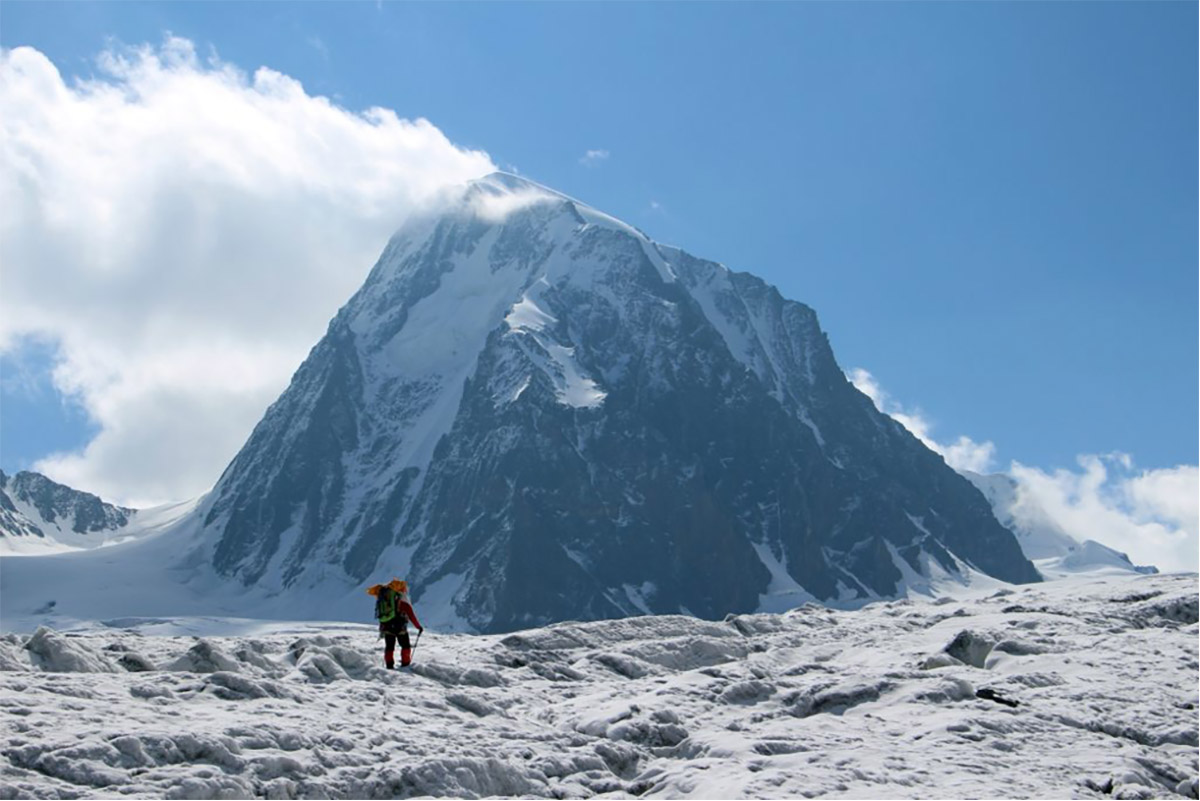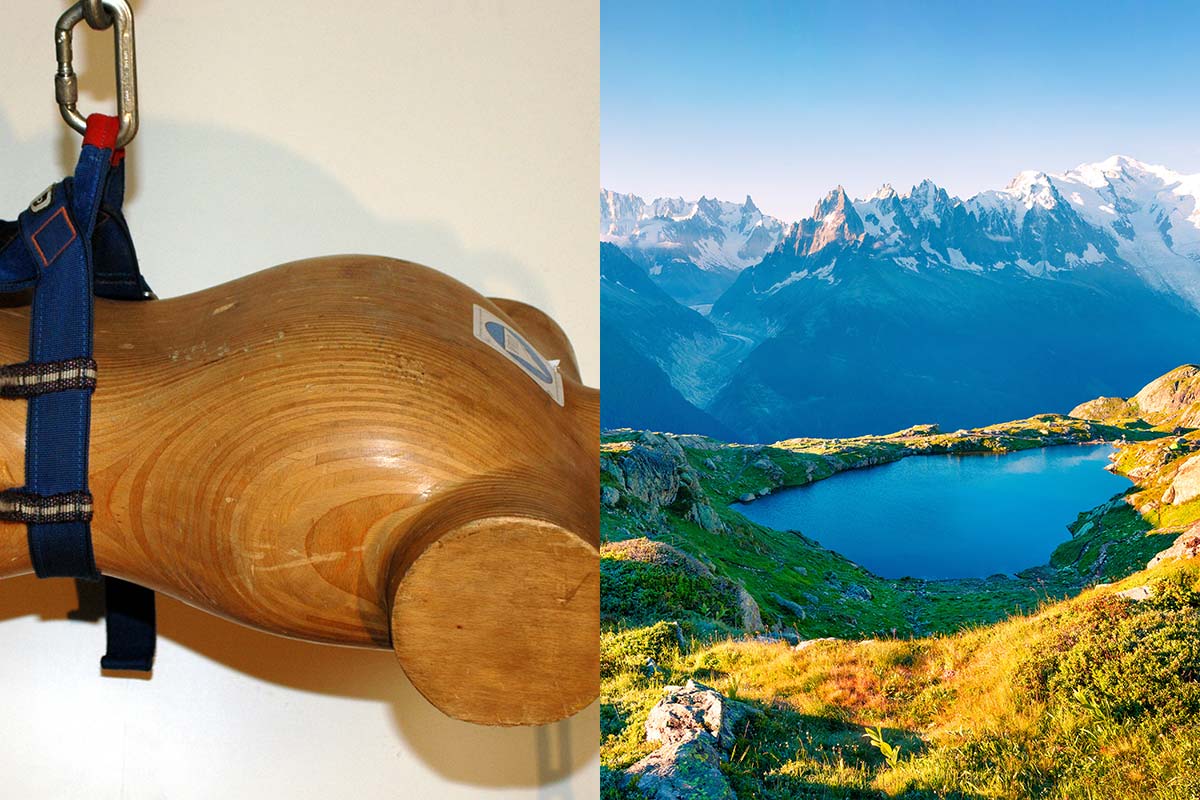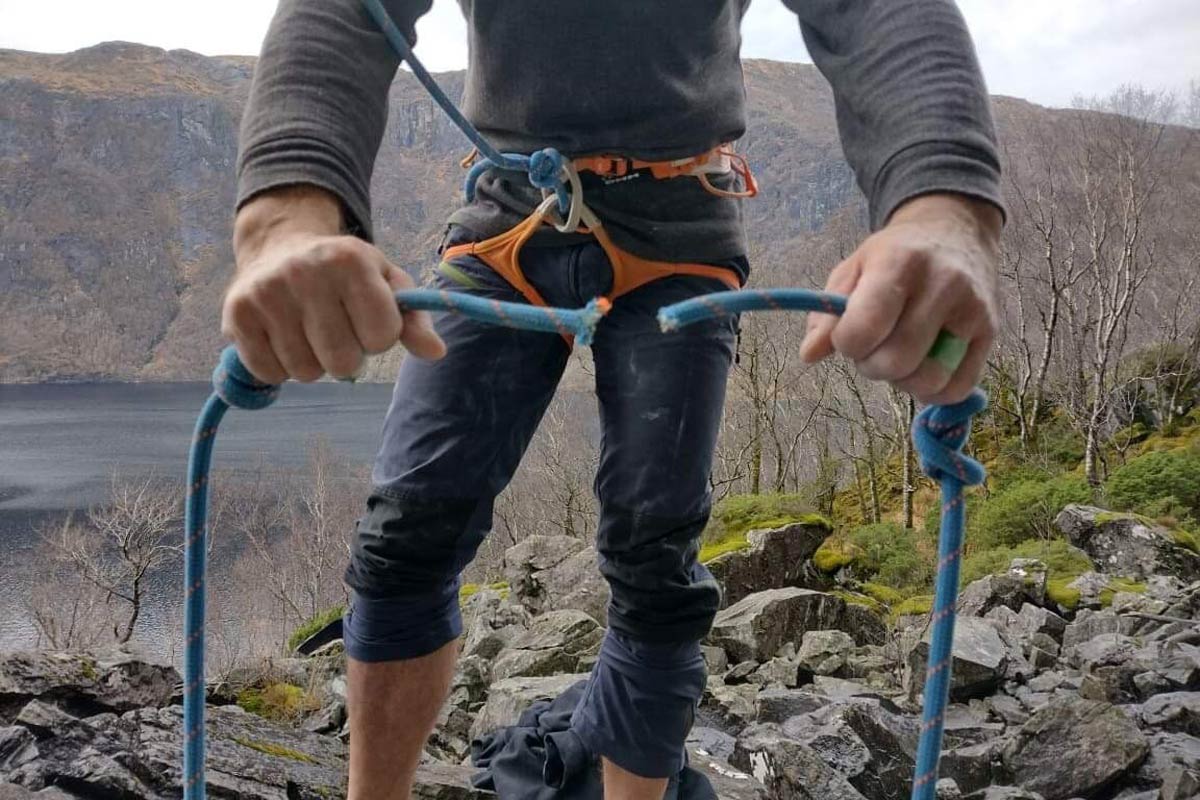This article forms part of a series created by the UIAA – International Mountaineering & Climbing Federation – for International Mountain Day, 11 December. An overview article about the UIAA & IMD can be found here.
For IMD, project leaders from UIAA Mountain Protection Award showcased projects have provided information on the progress of their projects, the importance of biodiversity – the theme of this year’s IMD – and the impact of Covid-19.
SWAT Project
Organisation: Mountain Wilderness International (MWI)
Location: Pakistan
MPA edition(s): 2018
The aim of the project is to help contribute to the preservation of the Swat Valley mountains by both training young locals of the Swat region and by publishing a handbook on hiking trails and “light” ascents of local mountains. Sustainability and biodiversity are promoted in the training given (such as an Environment Friendly Mountaineering and Trekking Course) and through the active participation of trainees in the drafting of the guidebook. This guide will place the emphasis on the protection of mountains and respectful access to them and could pave the way to study the possible creation of a national park in the Swat Kohistan mountains. By promoting the handbook in Pakistan and abroad, trainees will more easily find employment as trekking guides and as support for light mountaineering expeditions. Proceeds from the sale of the handbook will be reinvested in the study of the Park project concept.

Progress Report since 2018
The road map to achieving this goal has four successive phases.
- Phase One: The training of a group of local youths capable of becoming reliable trekking guides (in effect, custodians of the territorial integrity of their environment) as well as cooperating with MWI on the publication of an excursionist/mountaineering guidebook for adventure tourists eager to explore these mountains. With its strong emphasis on care, responsibility and respect, this guidebook can have a positive influence on future tourism policies and establish an important and useful precedent in the argument for creating this park once the government authorities have reviewed our feasibility study. Mountain Wilderness and ISMEO (The International Association for Mediterranean and Oriental Studies) successfully completed this first stage in September 2018, running a course in Environment-Friendly Mountaineering whose participants included 21 local trainees.
- Phase Two: The exploration and description of possible trekking itineraries in the area’s principal mountain valleys. A first choice of trekking itineraries were successfully explored in the second half of August 2019 by small groups of Mountain Wilderness members and supporters and with the assistance of eleven of its former local trainees who acted as guides, facilitators and organisers. The undertaking included the identification of access routes to major summits and photographic documentation of the followed itineraries; these preliminary descriptions will then be revised in accordance with reports by those who make the initial ascents and of specific subsequent explorations by expert mountaineers. The existing maps of the area have been improved with the help of satellite instrumentation. This initial exploration did not exhaust the trekking/excursion potential of the upper Swat, thus a Phase 2B of the project is going to have to be planned. An additional phase that will include the identification of the main access routes and description of ascent itineraries by teams of European mountaineers. Unfortunately, the impact of the Covid-19 pandemic has begun to convince the organisers of the need to postpone this phase to summer 2021.
The phase 2 experience led the organisers to consider the advantages of offering a brief training course for local porters and sirdars, which would include providing all the related equipment and supplies: and a course for young local women (see below). Trekking activities in 2019 were conducted along with some more strictly mountaineering achievements. Three mountaineering experts (two Italians, one Catalan), accompanied by three Pakistani ex-trainees accredited in the 2018 course, succeeded in climbing a new route to Thalo Zom (6050 metres), an imposing peak situated between the upper Swat and Chitral districts. - Phase Three: Collation of the material produced in phase two and the publication of a printed guidebook in English, Urdu and Italian. It is paramount that this guide be seen by the recently trained local youths as a project in which they themselves were co-protagonists. The book will also include itineraries for visiting the “romantic” ruins of the Buddhist monuments tucked away among the lower Swat valleys.
- Phase Four: Preparation of the National Park project to be submitted to the Pakistani government for approval and implementation. The initial steps of this task will be entrusted to eminent Italian experts who will be assisted by qualified Pakistani nationals.
What emerges from the above outline of the Swat project is not only its cultural/ecological and open air sports nature, but also how it can raise awareness of and sensitivity to human rights and self-esteem identity by encouraging the active and long-term involvement of the mountain valley communities.

Other profiled projects include:
Patagonia Waste Management, Argentina
Study and Monitoring of Chachacomani Glacier, Bolivia
Save the Barun, Nepal
John Muir Trust, UK
FURTHER READING
The UIAA has also recently commenced a series profiling past Mountain Protection Award winners. Following recent profiles on the progress made by Mountain Wilderness France (2016) and AlpineLearning Project Weeks (2019) – the recent focus turned to 2017 winner Mount Everest Biogas Project (MEBP).
PROJECT PARTNER
Bally is a Swiss luxury brand established in 1851, with a rich heritage in shoemaking, and a longstanding relationship to architecture, arts and the environment. Today, the brand offers unique designs across shoes, accessories and ready-to-wear, driven by a dedication to craftsmanship and a contemporary aesthetic. Bally has over 300 retail stores and 500 multi-brand points of sale that span across 66 countries worldwide, including a global e-commerce platform serving 34 countries. For more information, please visit Bally.com




